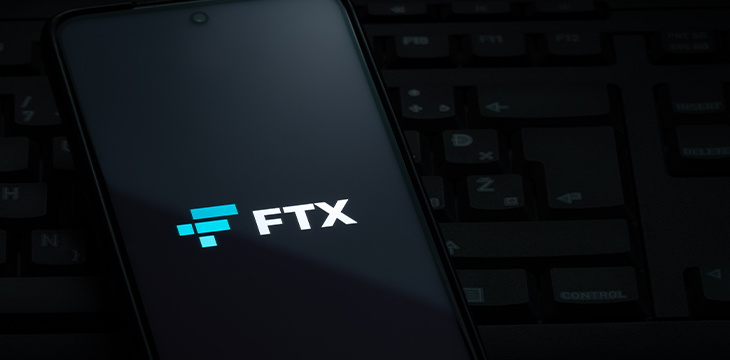|
Getting your Trinity Audio player ready...
|
FTX Japan’s customers have become the first to receive their assets following the collapse of the FTX global conglomerate. The exchange resumed withdrawals this week, although it warns the process could take time due to the high number of withdrawal requests.
FTX collapsed in late 2022, with an investigative report laying bare the cracks in the management of the Sam Bankman-Fried empire. On November 11, the exchange and its affiliates filed for bankruptcy. The filing impacted all its subsidiaries, including FTX Japan, the East Asian nation’s subsidiary of the global exchange.
However, unlike many other subsidiaries, FTX Japan adhered to the country’s stringent regulations, which require segregating user assets and cold storage for 95% of these assets.
In December, the Japanese exchange announced it intended to resume withdrawals in February. It has kept its promise, and in its announcement this week, FTX Japan revealed that its clients would finally lay their hands on their assets.
「出金・出庫サービスの進捗状況について」を掲載致しました。こちらをご確認ください。https://t.co/dtGj9C0PLV
— FTX Japan (@FTX_JP) February 22, 2023
The withdrawals resumed on February 21 at midday local time.
“Please note that due to the large number of requests from customers, it may take some time for the withdrawal process to be completed. We will announce the resumption of other FTX Japan services as soon as possible,” FTX warned.
The exchange experienced some issues with BTC and XRP withdrawals, which it later resolved, and in its latest update, it claims the process has been smooth.
As of February 22, at 9.00 am local time, when the exchange issued the last update, users had withdrawn 1 billion yen in digital assets ($7,416,600) and 5.6 billion yen in digital assets ($41,532,960).
FTX Japan customers had to open accounts with Liquid Japan, the digital assets exchange SBF purchased as a gateway into the Japanese market. Those with accounts on Liquid had to transfer all their assets from their FTX Japan accounts to Liquid before requesting to withdraw.
FTX Japan proves regulations really work
While investors in the West blame regulators for failing to protect them, Japan has proven that Bitcoin regulations can effectively protect users without stifling innovations. The country, which has been home to some of the biggest hacks in the industry, including the Mt. Gox 850,000 Bitcoin hack in 2014 and Coincheck’s $500 million hack in 2018, has learned from its mistakes and is now the world’s safest digital asset havens.
“It is most important to raise the credibility of providers themselves if they really want to make the market grow. To ensure trust, an appropriate level of regulation is necessary,” says Takako Masai, the head of SBI Finance and Economic Research Institute.
But even with FTX Japan demonstrating what stable regulations can do for an industry under attack, there are critics of Japan’s regulatory regime.
Noritaka Okabe, the CEO of JPYC, a yen-pegged stablecoin, is one of these critics. He believes these stringent regulations are unnecessary if investors understand the risks involved in digital asset investing. Speaking to the Wall Street Journal, he pointed out that VASPs have seen a surge in operational costs as they strive to comply with these regulatory requirements.
“It is not free to follow regulations. Operators need to pass the cost on to their clients,” he said.
Japan’s stringent regulatory approach has proven to be too much for some of the biggest companies in the digital assets space. Coinbase (NASDAQ: COIN) announced its exit from the country in January 2023, with Kraken leaving the market just a month earlier.
Follow CoinGeek’s Crypto Crime Cartel series, which delves into the stream of groups—from BitMEX to Binance, Bitcoin.com, Blockstream, ShapeShift, Coinbase, Ripple,
Ethereum, FTX and Tether—who have co-opted the digital asset revolution and turned the industry into a minefield for naïve (and even experienced) players in the market.

 02-18-2026
02-18-2026 




